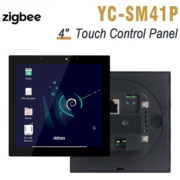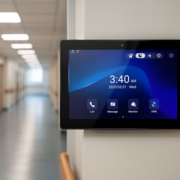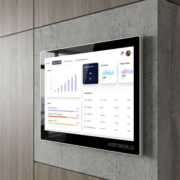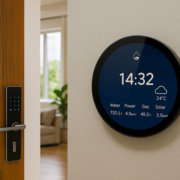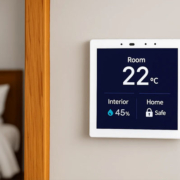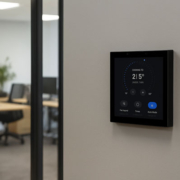How Does CKD Help Reduce Import Tariffs in Smart Device Manufacturing?
As global demand for smart devices surges—from smart home control panels to tablets and industrial embedded systems—manufacturers face growing pressure to optimize their supply chains and minimize import costs. One widely adopted strategy is CKD (Completely Knocked Down) manufacturing. But how exactly does CKD help reduce import tariffs, especially in smart device production? Let’s explore.
What is CKD?
CKD, or Completely Knocked Down, refers to the method of shipping unassembled parts of a product (e.g., motherboard, PCBA, display, casing, screws) to another country, where the product is then assembled locally. Unlike importing a fully built device, CKD allows manufacturers to avoid high import duties levied on finished goods.
How CKD Helps Lower Import Tariffs
Here’s how CKD effectively reduces tariff burdens:
1. Lower Duty Rates on Components
Most countries impose higher tariffs on fully assembled products to protect domestic industries, but apply lower tax rates on individual components like PCBA, display panels, or plastic housings. By shipping parts separately under CKD, companies qualify for lower customs duties.
2. Bypassing Finished Goods Classification
A fully assembled smart home control panel might be classified under a product category that attracts 25%–40% import tax, while its motherboard or casing may only attract 5%–10%. CKD avoids finished product classification and reduces tax exposure.
3. Favorable Local Assembly Policies
Governments in many developing regions offer tax incentives for local manufacturing and job creation. Using a CKD model allows smart device manufacturers to qualify for these incentives and meet local content requirements.
4. Avoiding Anti-Dumping Tariffs
In some cases, fully assembled electronics face anti-dumping tariffs in certain countries. CKD strategy can bypass such penalties by importing neutral components, assembling the product locally, and branding it according to the local entity.
CKD in Smart Device Manufacturing: Example
Let’s take a smart control panel as an example. Instead of shipping the final device from China to India, a company sends:
- The motherboard with embedded PCBA
- The capacitive touch screen
- The ABS/metal casing
- Power modules, sensors, and screws
Each of these components falls under lower duty categories, and when assembled locally, the final product becomes a “Made in India” or “Assembled in Vietnam” device—qualifying for preferential tariffs and compliance benefits.
Business Advantages Beyond Tariff Savings
In addition to reduced import costs, CKD offers:
- Customization flexibility: Companies can tailor final assembly to local preferences (language UI, regional standards).
- Faster time to market: Streamlined logistics and regional warehouses improve agility.
- Supply chain control: Managing local suppliers and assembly partners enhances resilience.
- Brand localization: Assembling locally allows brands to position themselves as regional players.
Portworld’s CKD Solution for Smart Devices
Portworld, a leading smart control panel and embedded system provider, supports OEM/ODM clients with flexible CKD models. Our kits include:
- Custom-designed motherboards and PCBA
- Android/Linux-compatible software SDKs
- Touch screens, housings, and optional camera/audio modules
- Full documentation and engineering support for local assembly
We help partners reduce import duties, localize assembly, and build competitive regional product lines.

